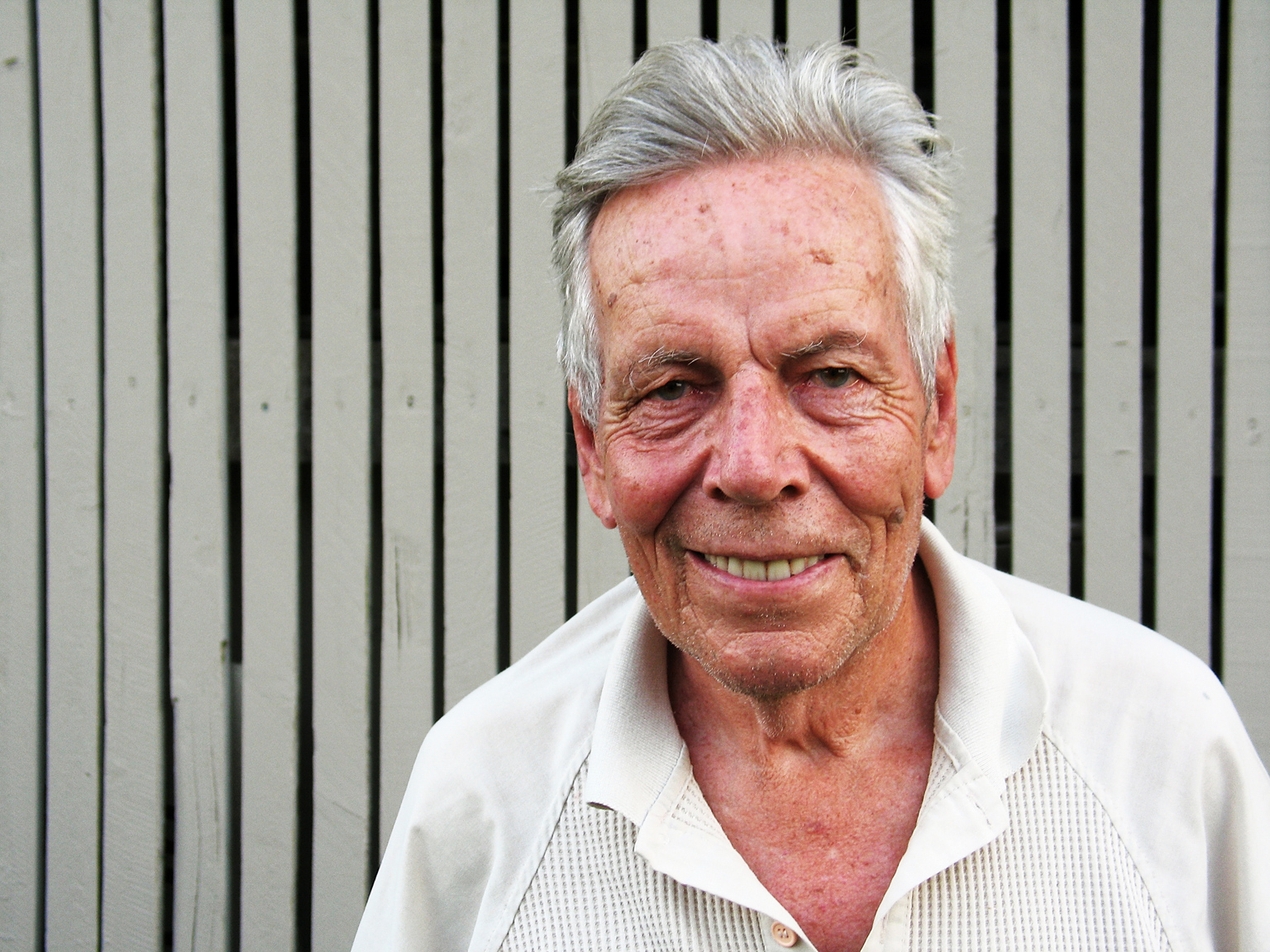FRIDAY, March 7, 2014 (HealthDay News) — People who’ve had nonmelanoma skin cancer are at increased risk for melanoma and other types of cancers, and this link is especially strong among young people, a large, new study contends.
Researchers analyzed data from more than 500,000 people with a history of nonmelanoma skin cancer who were followed for five to six years, and compared them to a group of nearly 8.7 million people without nonmelanoma skin cancer.
Compared to those who’d never had the disease, the nonmelanoma skin cancer survivors were 1.36 times more likely to develop other types of cancer — and the younger the patient, the greater the risk. It was 23 times higher for those younger than 25, and 3.5 times higher for those aged 25 to 44, the study found.
Meanwhile, for somewhat older people with nonmelanoma skin cancer, the risk of developing another cancer was 1.74 times higher for those aged 45 to 59, and 1.32 times higher for those older than 60, the study found.
The 30 types of cancer that nonmelanoma skin cancer survivors were at increased risk for included melanoma skin cancer, and cancers of the breast, colon, bladder, liver, lung, brain, prostate, stomach and pancreas, the study authors said.
People who had nonmelanoma skin cancer before age 25 were 53 times more likely to develop bone cancer, 26 times more likely to get blood cancers, 20 times more likely to be diagnosed with brain cancer, and 14 times more likely to get any cancer other than skin cancer, the study found.
The study is published in the new issue of the journal Cancer Epidemiology, Biomarkers & Prevention.
Nonmelanoma skin cancer is the most common type of skin cancer, the news release noted. If found early, it is fairly easy to treat and rarely spreads to other areas of the body. Melanoma skin cancer is much more dangerous.
“Our study shows that [nonmelanoma skin cancer] susceptibility is an important indicator of susceptibility to malignant tumors and that the risk is especially high among people who develop [the condition] at a young age,” Dr. Rodney Sinclair, director of dermatology at the Epworth Hospital in Australia, said in a journal news release.
“The risk increases for a large group of seemingly unrelated cancers; however, the greatest risk relates to other cancers induced by sunlight, such as melanoma,” added Sinclair, who is also a professor of medicine at the University of Melbourne.
These findings show that young people who’ve had nonmelanoma skin cancer at an early age have a greatly increased risk of cancer and could benefit from cancer screenings, Sinclair said.
More information
The U.S. Centers for Disease Control and Prevention has more about skin cancer.
Copyright © 2026 HealthDay. All rights reserved.

